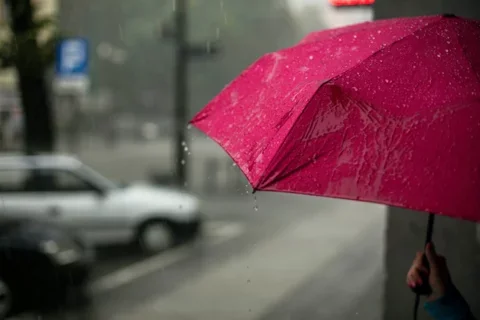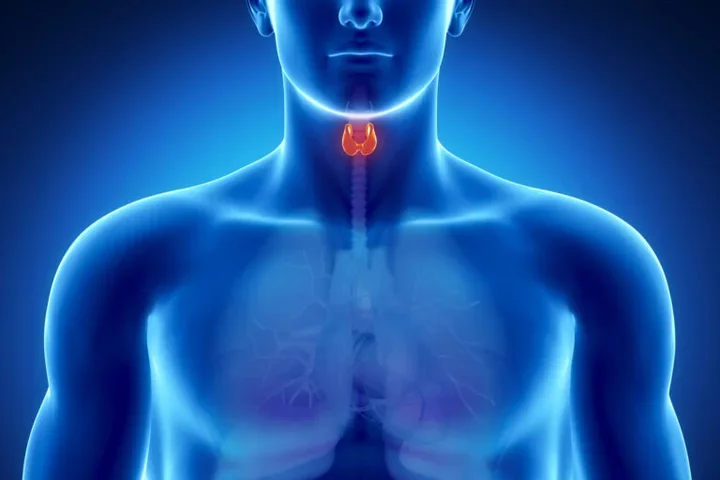Does Rain Make Allergies Worse?
Heavy Winter Rains Are Nothing to Sneeze At

Health News: Record Rainfall Tied to an Increase in Allergies
California experienced record rainfall this year and may have even made headway against the state’s historic drought. Now that lush landscapes abound and spring is upon us, what does this mean for allergy sufferers?

The wet weather can be a harbinger of intense allergy-related symptoms such as nasal drainage, sinus congestion, headaches and shortness of breath, according to Dr. Maria Garcia-Lloret, an allergist with UCLA Health. It’s not the rain that causes the symptoms, according to Garcia-Lloret, but the rain’s effect on trees, grass and weed pollen.
For one thing, the increased plant growth following years of lackluster rains will cause the spore count in many areas to soar. For another, raindrops can cause pollen grains to burst into smaller particles, which are then released into the air at a much higher concentration.
“Because of the smaller size, the pollen can enter the small airways and noses of susceptible people and cause them to have an allergic reaction,” says Garcia-Lloret.
Additionally, mold spores can increase after heavy rains, causing even more suffering for people allergic to mold. Following a thunderstorm, mold is the main cause of allergic asthma exacerbations.
The U.S. Geological Survey also has daily maps that show how early spring has arrived in states across America, and that can portend a more vigorous pollen season, according to a Vox article.
The common sneezing, drippy noses and itchy eyes experienced by both adult and child seasonal allergy sufferers can be unpleasant enough, but those with asthma or other serious respiratory symptoms need to be especially prepared with proper allergy medication.
There are non-medical steps you can take to lessen the effect of rain allergies, says Garcia-Lloret, citing tips from the National Institutes of Health:
- Limit your pollen exposure: Roll up the windows in your car or home.
- Run a HEPA filter or fan at home to circulate air through your house.
- Keep a tissue box, antihistamines and nasal sprays on hand.
- When you are outdoors, pollen is falling on you. Take a shower every night and wash your hair and skin, so you are not sleeping in the very substances that aggravate your symptoms.
- Minimize time outdoors when there are high pollen counts, such as early in the morning. If you’re gardening, get inside and take a quick shower to get the pollen off your hair and body. Wear glasses to protect your eyes and a hat to protect your face; the nose and mouth are entrances for pollen so a facemask might be helpful.
Many allergy symptoms will abate with help from over-the-counter medications, including antihistamines and nasal steroids but the relief is often transient and incomplete. People with more severe symptoms — the kind that significantly disrupt daily routines — should see a doctor and get tested to identify their specific triggers. Many patients benefit from regular allergy shots that remedy symptoms, or oral immunotherapy tablets that can be placed under the tongue to combat the causal allergy.
For those hoping to ride out the allergy season, be patient. Pollen levels tend not to drop until after three 100-degree days in a row, a weather event that generally does not occur until after Memorial Day.
In the meantime, there’s no reason allergy sufferers can’t enjoy the enhanced greenery and flowers of a beautiful California spring if they follow a few common-sense precautions. You can take the following seasonal allergy quiz and allergy quiz to learn more about the signs, symptoms and a few simple steps to keep allergies at bay for a good start to a healthier spring.
(Related Article: What Does an Allergist Do?)



